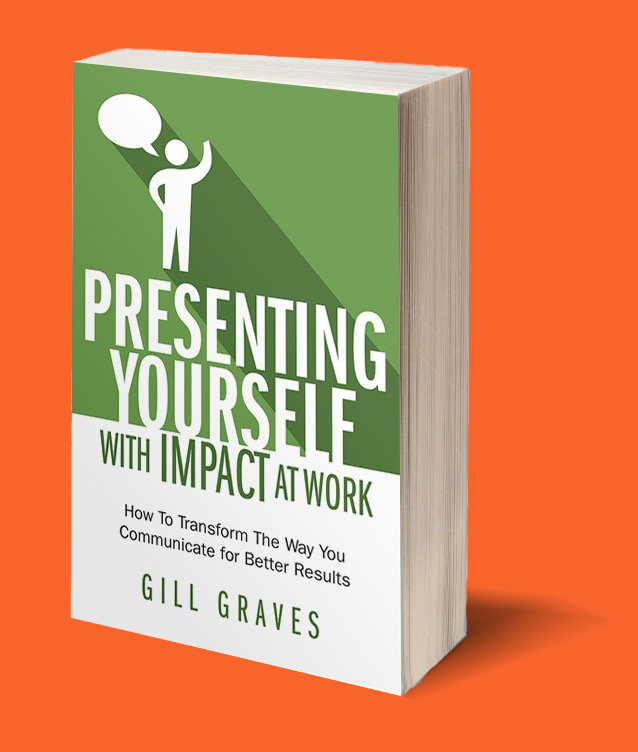Shakespeare and Emotional Intelligence

What has Shakespeare got to do with Emotional Intelligence?
In watching and listening to may of Shakespeare’s works I am often struck how relevant much of what Shakespeare wrote about is today. He was an expert on human thinking and behaviour and so 400 years later we can still relate to many of his insights.
More recently, over the past thirty years, writers and academics have tried to formulate what underpins, good communication, strong relationships and effective leadership. The conclusion often seems to revolve around what Daniel Goleman termed “Emotional Intelligence”. The keystone of emotional intelligence is self-awareness.
Let’s see what Shakespeare had to say over 400 years ago:
On self-awareness: “The fool doth think he is wise, but the wise man knows himself a fool.” (From As you like it.)
On knowing youself and being authentic: “To thine own self be true, and it must follow, as the night the day, thou canst not then be false to any man.” (From Hamlet.)
On being aware of your own thinking: “Nothing is either good or bad, but thinking makes it so.” (From Hamlet.)
On taking responsibility for your own actions: “It is not in the stars to hold our destiny but in ourselves.”(From Julius Caesar.)
On the need to build trust: “The purest treasure mortal times afford is spotless reputation.“ (From Richard II.)
Food for thought? (Our question to you and not another Shakespearean quote!)








